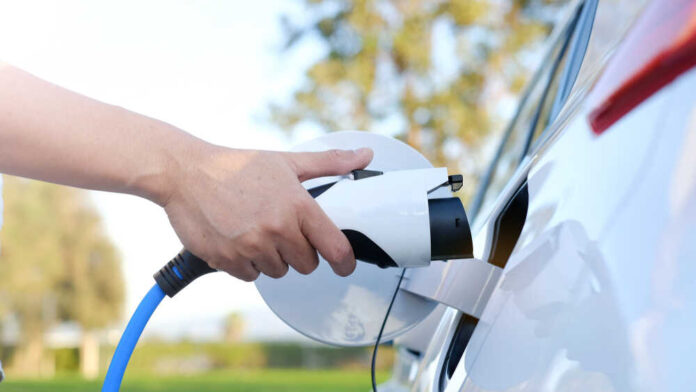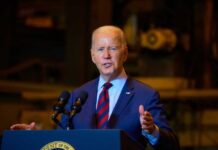
Concerns have been raised concerning the feasibility and sufficiency of the United States’ most extensive strategy to date for reducing the alleged greenhouse gas emissions from automobiles.
A report shows new stringent emissions limitations were announced in April by the Environmental Protection Agency (EPA), which it claims are essential to reducing the rate of ‘climate change.’
According to the EPA, compliance with the restrictions is possible if, by 2032, 67% of all new vehicle sales are electric. The new law would not, however, force manufacturers to actively promote sales of electric vehicles. Instead, it establishes emission limits and gives manufacturers leeway in developing solutions.
Even if the auto sector increases EV sales to the EPA’s recommended level, the actual decrease in pollution may be less dramatic. More than 80% of the 200+ million cars on U.S. roads rely on gasoline or diesel, according to a recent estimate.
Senior EV researcher at the non-profit International Council on Clean Transportation Peter Slowik has determined that the percentage of new electric and plug-in hybrid cars sold must reach 67% by 2030 to lower emissions sufficiently to fulfill Paris Agreement targets. By then, the EPA predicts we will have achieved their target of 60%.
The EPA claims its plan will drastically cut emissions. By 2055, when the majority of gas-powered cars are predicted to be gone, the EPA claims automobile emissions of carbon dioxide are expected to have decreased by 47%.
Republican-led states like Texas have already filed lawsuits against the EPA over the existing emissions rules, claiming the agency overstepped its bounds in creating this regulation to encourage the greater use of electric cars.
According to a report early this week, Proterra, an electric bus manufacturer, filed for bankruptcy. The company had gotten more than usual support from President Joe Biden’s administration.
Biden’s Energy Secretary Jennifer Granholm has been at the center of controversy for her enthusiastic promotion of Proterra, a Burlingame, California-based electric vehicle company, even though she served on Proterra’s board and continued to hold over a million dollars worth of stock in the company after being confirmed as the head of Biden’s Energy Department.
Gareth Joyce, CEO of Proterra, was nominated to serve on President Biden’s Export Council in February.














